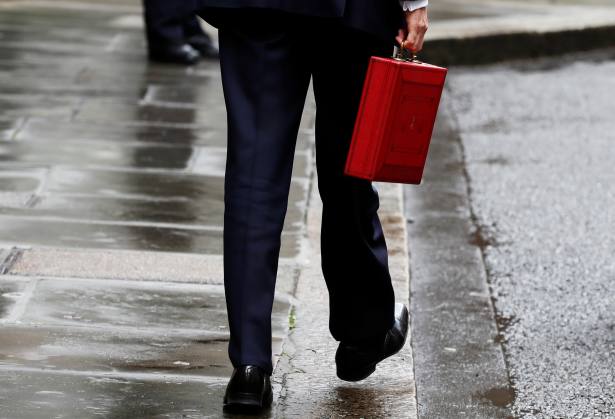
There was a little bit of tax tinkering around the edges but no unexpected announcements on taxation in the Budget.
This is particularly surprising as the government does have Brexit to pay for.
Chancellor Philip Hammond revealed the government has set aside £3bn for Brexit, having already invested £700m in the negotiations.
As Jim Meakin, head of tax at RSM puts it: “With the chancellor under such intense political and fiscal pressure – and with his personal future in doubt - it was difficult to know whether the statement would go with a bang or a whimper.
“But with the Office for Budget Responsibility reducing its growth forecast from 2 per cent to 1.5 per cent for the coming year, the chancellor had little choice but to opt for the latter.”
Trouble in paradise
The recent publication of the Paradise Papers, which once again saw large-scale tax avoidance and evasion come under scrutiny, is likely to be behind the chancellor’s decision to crack down further on this issue.
During his Budget speech, Mr Hammond claimed the UK is “leading the charge”, confirming another package of measures to help the Treasury collect taxes worth £4.8bn by 2022-23.
Mr Meakin suggests that from a tax perspective, “the centrepiece was a review which will conclude in early 2018 looking at how our tax system addresses the digital economy”.
The position paper will address the issue of multinational digital businesses which currently avoid tax by paying royalties to branches in low tax jurisdictions.
The chancellor is hoping by addressing this problem it will raise an additional £200m a year for the Treasury.
“This undoubtedly requires an overhaul as the existing tax rules largely date back to the early 20th century and don’t reflect how digital businesses currently generate revenues across multiple jurisdictions, often without significant physical presence,” explains Mr Meakin.
“What’s interesting is that the UK is seeing itself very much as a thought leader, diverging from the international approach by proposing new solutions for taxing businesses that derive most of their value from user activity on their platforms, for example social media companies.
“This is similar to the approach adopted by the UK when it introduced the diverted profits tax to tackle what it perceived to be avoidance by multinationals.”
But Rajesh Sharma, international tax partner at Smith & Williamson, questions just how far the measures will go in clamping down on tax avoidance.
“Mr Hammond’s announcement, designed to generate £200m annually, is a grand statement, but it is not clear how this figure has been reached, or how income tax will be calculated,” he admits.
“In the short term, the move is designed to send a signal to companies seeking to minimise tax.







